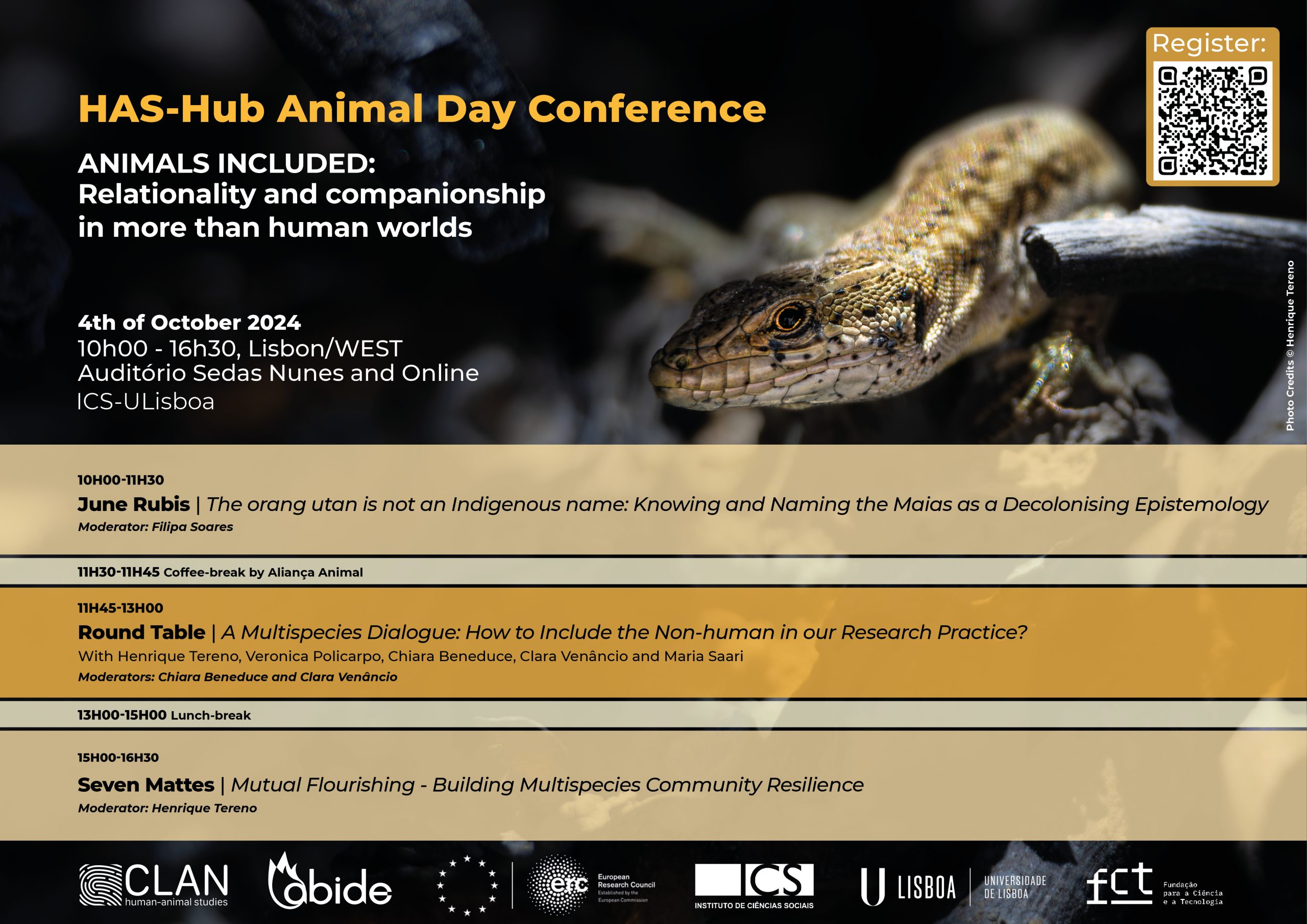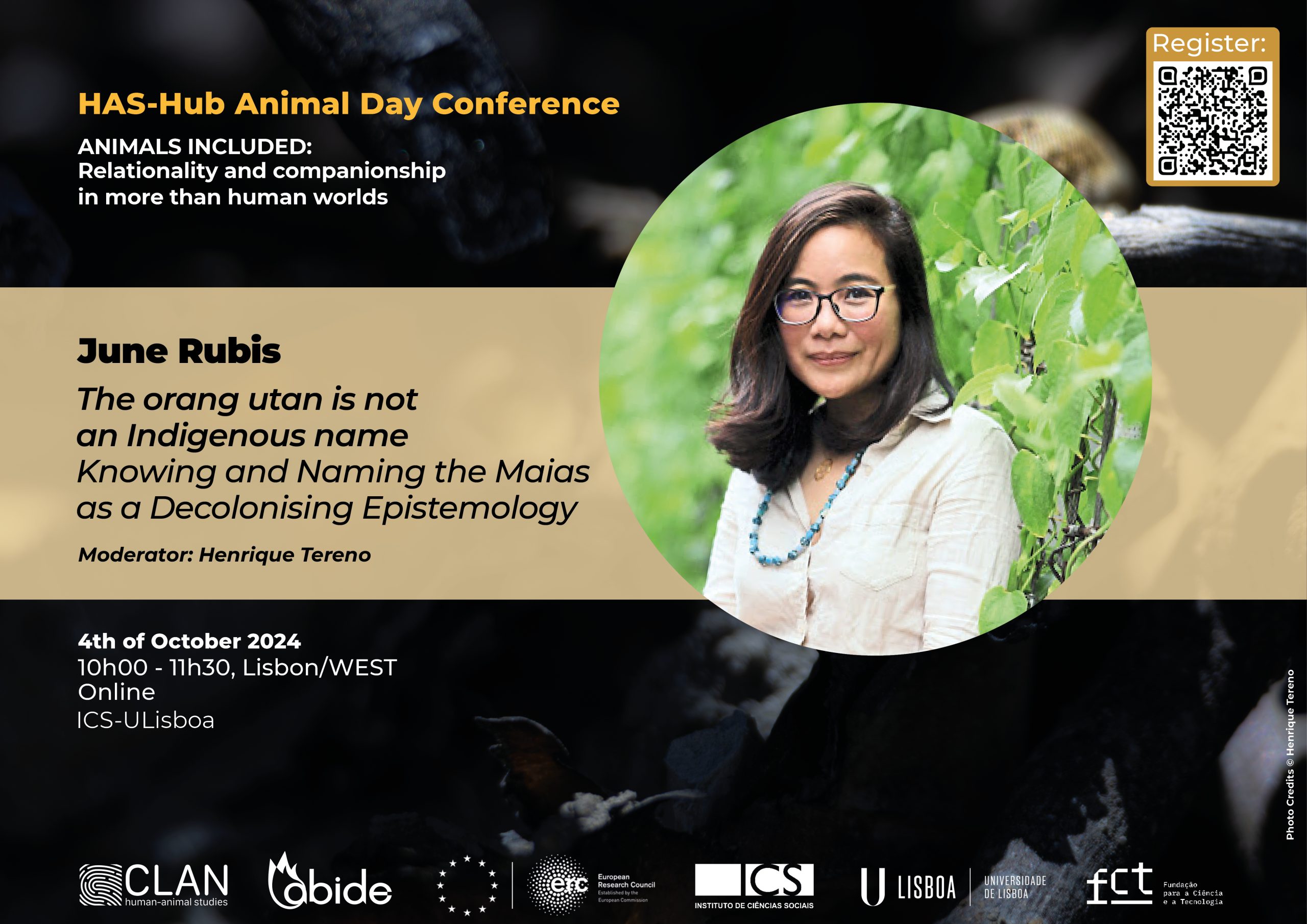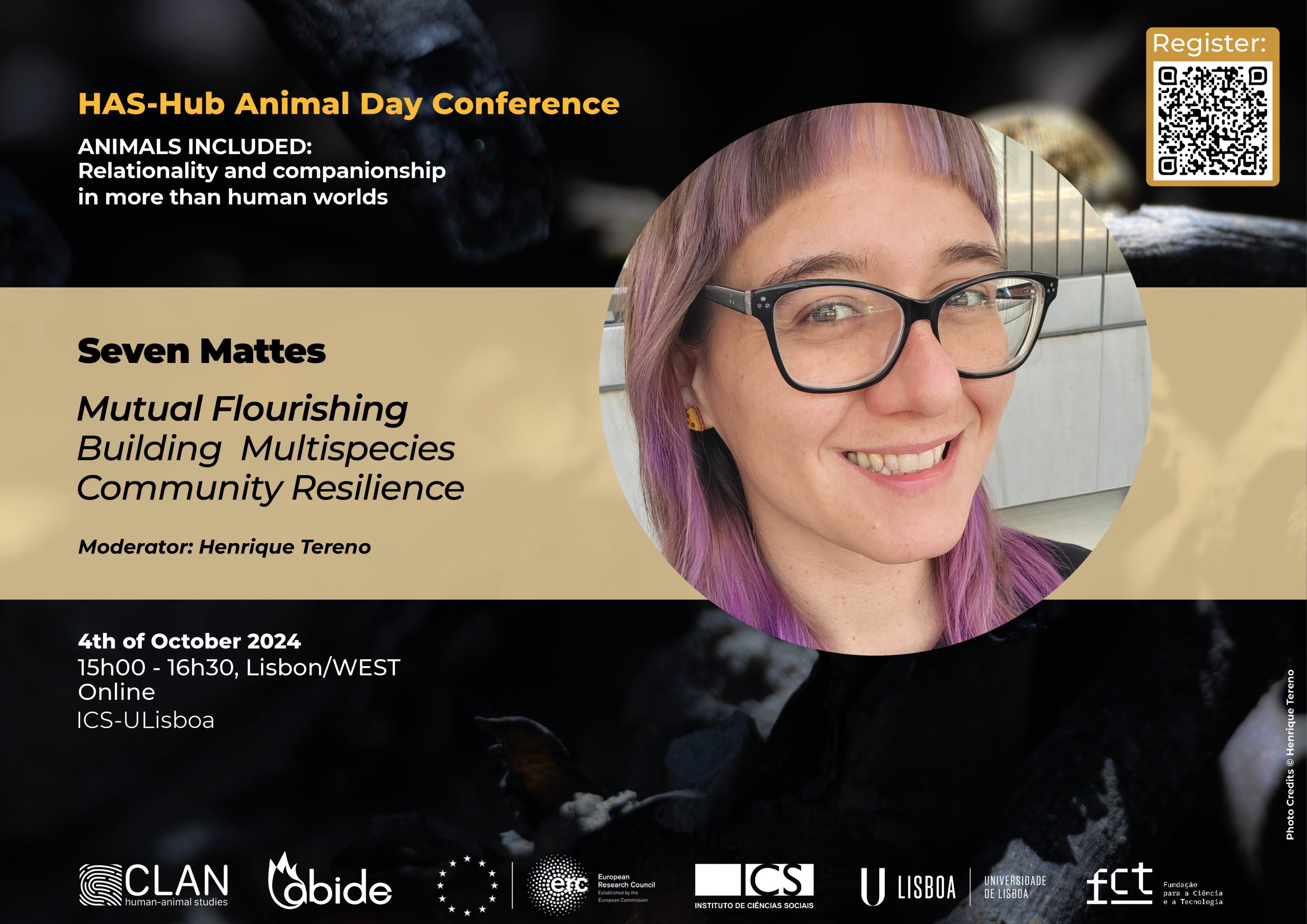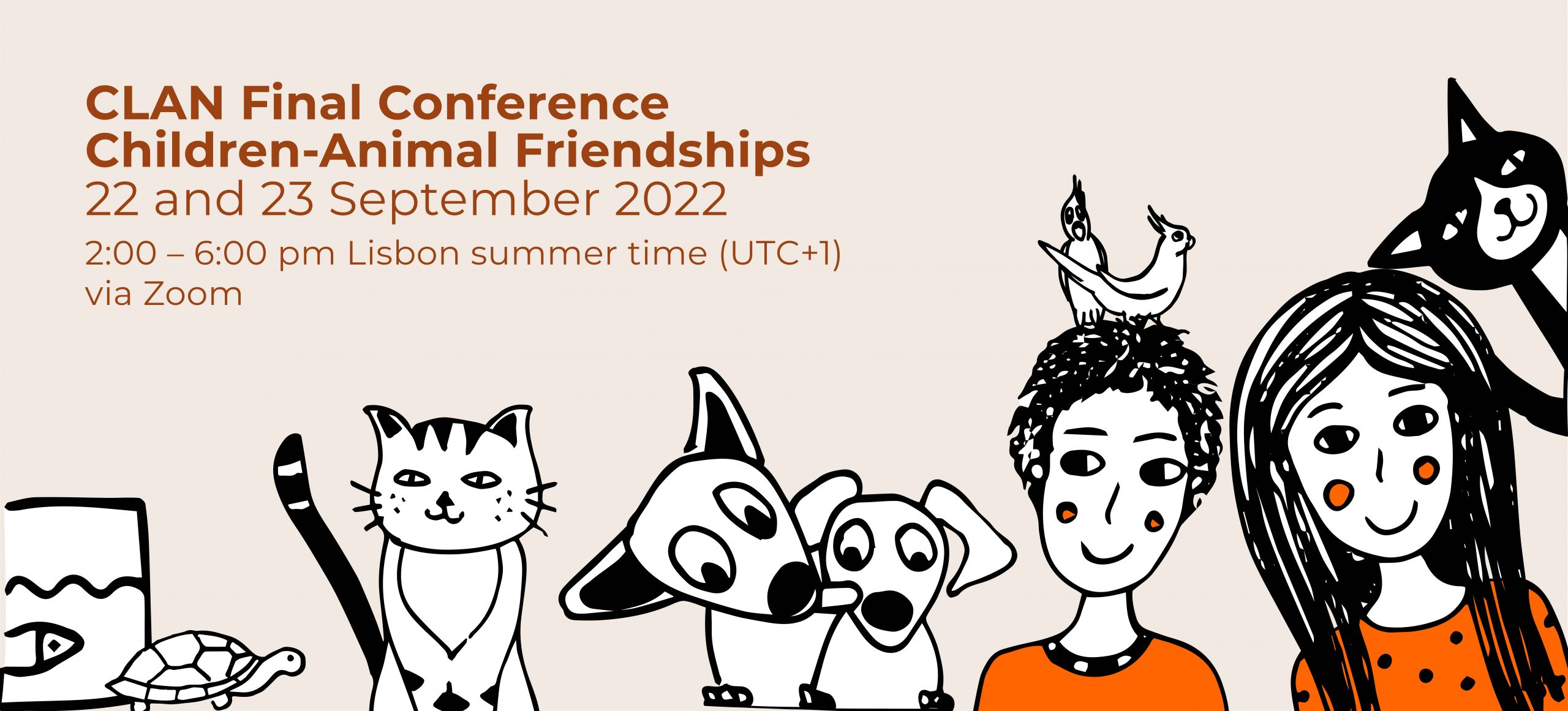HAS-HUB Animal Day Conference




Animais Amazônicos
+INFO: https://eco.ces.uc.pt/animais-amazonicos-na-literatura-brasileira-contemporanea/
O projecto ERC EcoAmazonia é parceiro do projecto ERC ABIDE [Grant ID: 101043231], o novo projecto do HAS-Hub. Mais informações sobre o ABIDE brevemente na página: https://humananimalstudies.net/pt/abide/

Peter Bridgewater
Fire and Flood: a biocultural heritage approach to resolving the polycrisis of climate and biodiversity change.
There is general agreement that we are currently amid a polycrisis of human origin, formed from interactions between negative changes in biodiversity and climate, amplified through effects of pollution. Many of the international processes are trying to find solutions to this crisis, and increasingly that involves invoking biocultural approaches.
The origins of the biocultural approach are in the Declaration of Belém (1988) from the First International Congress of Ethnobiology, held in Belém, Brazil. The term biocultural was not in the Declaration, rather it noted: “That there is an inextricable link between cultural and biological diversity”.
This biocultural concept extends to include the creation and maintenance of traditional landscapes and the ecological systems within them. The Convention on Biological Diversity (CBD) integrated biocultural perspectives into its Strategic Plan for Biodiversity 2011–2020, within which biocultural heritage was seen as a key promoter of resilience. The Kunming-Montreal Global Biodiversity Framework adopted in 2022 by the Convention on Biological Diversity carries this connection on through recognising “the important linkages between biological and cultural diversity“.
A biocultural approach also recognizes knowledge as “heritage”, thereby reflecting its custodial and intergenerational character. The cultural landscapes inscribed under the World Heritage Convention are examples of biocultural heritage”.
Biocultural assets and heritage result from interactions between people and nature at a given time, in a given place. These interactions can help moderate negative changes in biodiversity, in turn helping mitigation against and adaptation to negative changes in climate-. Recognising, supporting, and conserving cultural landscapes a key process in ameliorating and managing the polycrisis and its effects.
References
Bridgewater, P. (2018) Whose nature? What solutions? Linking Ecohydrology to Nature-based solutions. Ecohydrology & Hydrobiology 18: 311-316. https://doi.org/10.1016/j.ecohyd.2018.11.006
Bridgewater P, Rotherham ID. (2019) A critical perspective on the concept of biocultural diversity and its emerging role in nature and heritage conservation. People Nat. 1: 291-304. https://doi.org/10.1002/pan3.10040
Peter Bridgewater (2021) Comment on Davies et al., ‘Towards a Universal declaration of the Rights of Wetlands’. Marine and Freshwater Research https://doi.org/10.1071/MF20352


